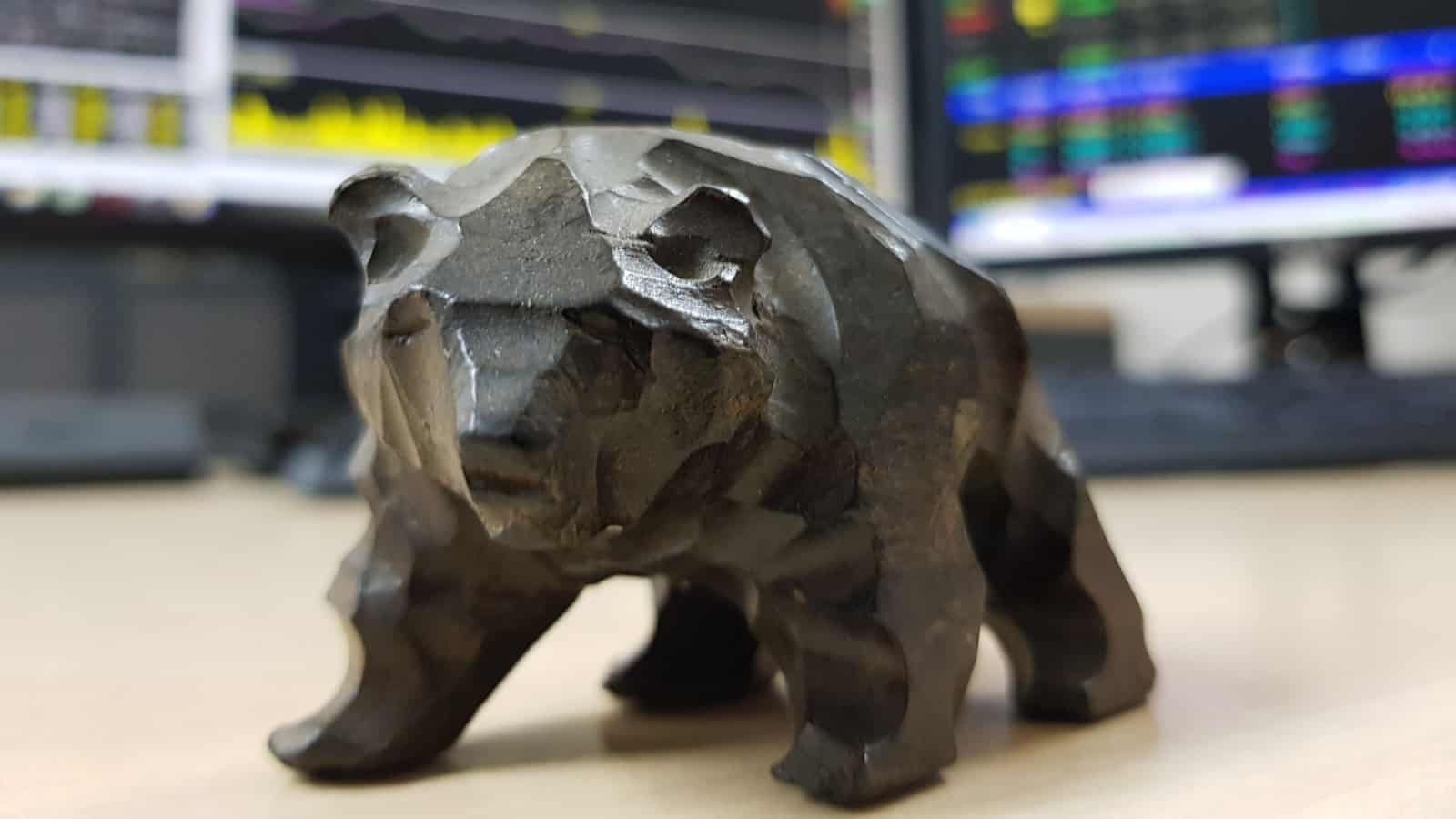Image source: Getty Images
Retirement can seem a long way off. Yet a common observation among retirees is that they wish they had started to invest for retirement at a younger age. There are different ways to do that and one I am using is to buy blue-chip shares. Here is a trio of reasons why I think that approach makes sense for me.
1. Proven businesses
To get into the FTSE 100, companies need to achieve a certain market capitalisation.
In itself that does not necessarily mean they are good businesses. But as a rule of thumb I tend to think companies that make it into the index have demonstrated to investors that they have the makings at least of a significant business. At today’s share prices, the smallest market capitalisation of any FTSE 100 firm stands at £3.7bn. That is not a small valuation!
Past performance is not a guide to what will happen in future. But when I consider many FTSE 100 shares such as National Grid and Lloyds Bank, I expect them to stay in business for the long term, with the potential at least to make sizeable profits in future.
2. Dividend potential
Both of those businesses have commercial models that currently enable them to pay dividends. National Grid has a yield of 5%, while Lloyds offers 4%.
Dividends are another reason I would consider buying FTSE 100 shares as I invest for retirement. Although the payouts from companies could form an attractive passive income stream for me right now, I could instead reinvest them in more shares.
Over time, that could hopefully lead to the dividends helping me earn more dividends. That is known as compounding. Although the principle is simple to understand, it can be a powerful tool in building wealth over the long term. I think that could make such an approach suitable as I invest for retirement, an important financial planning exercise that can stretch over decades.
3. Blue-chip exposure
Many of the companies in the FTSE 100 are mature. A lot are also in mature industries.
That can mean that I need to set my growth expectations for them fairly low. But one of the things I like about such shares is that they can give me exposure to massive blue-chip companies with multinational operations, such as Unilever and Vodafone.
Diversification is an important risk management method when investing – and I certainly want to keep a keen eye on risks when building a retirement portfolio. Large companies with a big spread of operations across different markets can help me as I strive to keep my portfolio diversified. I reckon investing in a range of them could reduce my risk compared to investing in a small number of small firms that are heavily concentrated in a single market.
Credit: Source link














